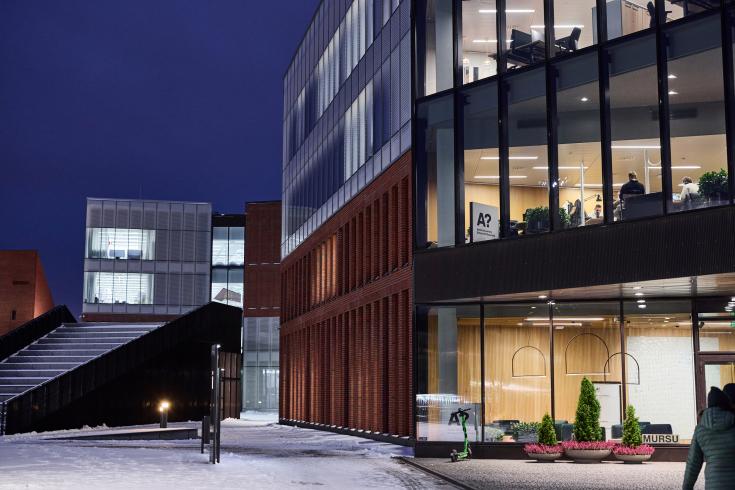Coworking in rural areas in Latvia

The Policy Learning Platform conducted a matchmaking for the University of Latvia on 30 May 2024. Working closely with the Latvian municipalities, the University requested some advice on the challenge of developing and supporting co-working spaces in rural areas.
Objective of the matchmaking
The topic of models of co-working spaces in rural areas raised the interest of Latvian municipalities whom University of Latvia has been collaborating with. Based on European best practices, the municipalities are interested in how they can potentially support this type of micro-activity or improve the ones they are already implementing.
Key insights
- Every coworking space is a unique combination of functions – the solution to make them economically sustainable derives from the objectives that are pursued. The goals can vary from making profit and incubating startups to supporting local communities (e.g. a “third place”) and being an engine for social development. Therefore, it is also good to carry out a needs assessment among the primary target group to be certain that the space that is being created caters to their needs.
- Various business models for coworking spaces exist. Fully private places manage themselves with rent fees and/or by selling additional services or event spaces. More community-oriented coworking hubs might collect membership fees or collaborate with local public authorities (e.g. rooms are given for free by the municipality or the authority provides part of the annual budget). The public sector can also provide communication and branding support as in the case of Kupland (Estonia).
- Coworking spaces are moving organisms – the tenants and community is constantly changing. The dynamism is part of their charm. But coworking spaces are also susceptible to economic downturns – there is a role for public authorities to provide support to such spaces during those harder times so that momentum of these spaces is not lost.
- Good community managers are key to the success of coworking spaces. They act as community facilitators and builders. These “local heroes” should be on the radar of policy makers – to identify them and provide the necessary resources and trainings so that they and the community they are forming could flourish.
- Coworking spaces can alleviate loneliness and provide physical social interaction to various target groups. For example, one interesting “out of the box” case shared during the matchmaking session comes from The Remote Lab (Sweden). Their “remote campus” initiative is focused on creating a physical space to the over 900 students who study remotely in various universities outside of the region.
Participants
Beneficiary:
- Denīze Ponomarjova, University of Latvia
Matchmaking Peers:
- Lisanna Elm, coordinator of Kupland remote and coworking network, Põlvamaa County Development centre, Põlva county, Estonia
- Jenny Sandström, founder/researcher, Jämtland Härjedalen, Remote Lab (ORIGINN project), Sweden
- Janne Kosonen, social economy specialist, Lapland University of Applied Sciences, Finland
Moderators:
- Mart Veliste, Interreg Europe Policy Learning Platform
- Erik Gloersen, Interreg Europe Policy Learning Platform
